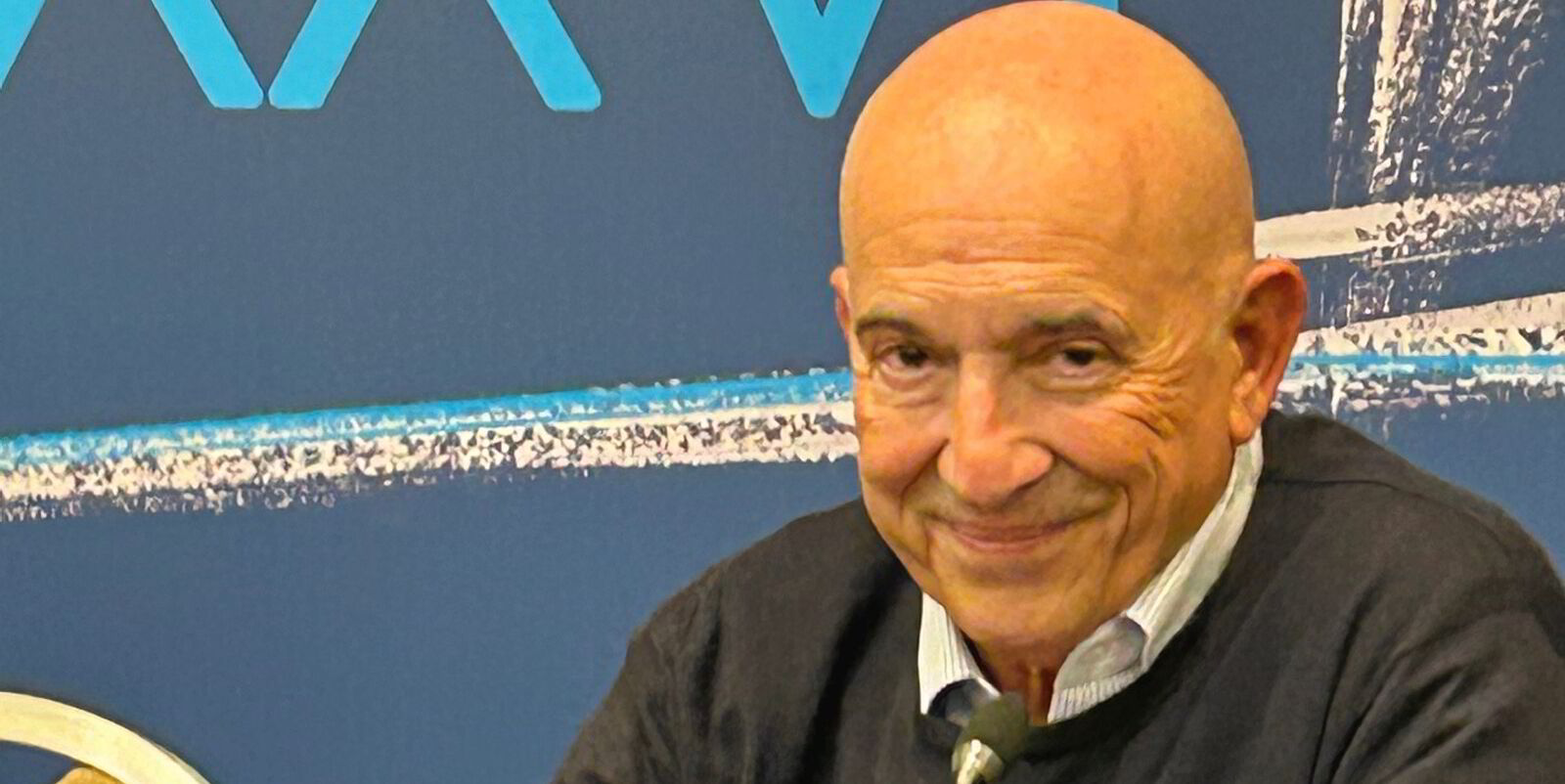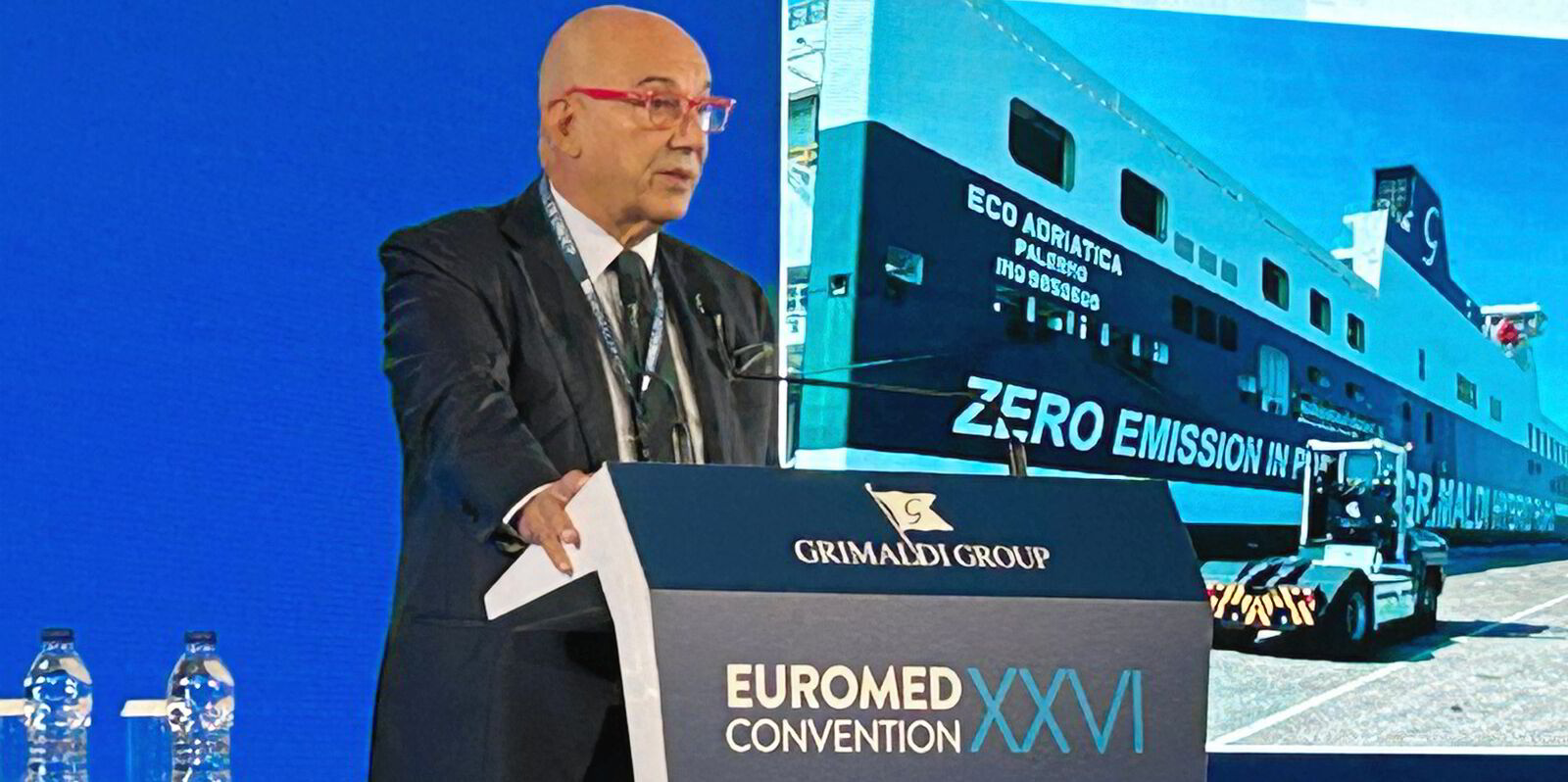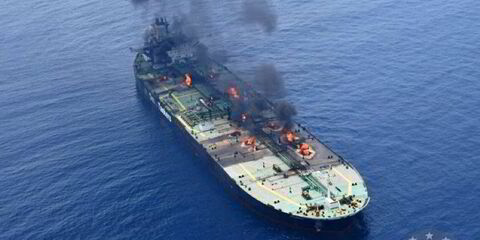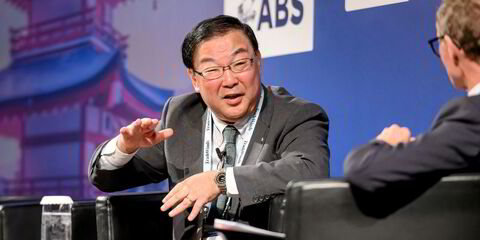Emanuele Grimaldi appears unworried by the prospect of overcapacity in the car carrier market arising from the entry of new players from China.
The bigger danger, he believes, is the risk posed by a looming trade war between China and the European Union over imports of electric vehicles (EVs).
The trade dispute has drawn Grimaldi’s ire at a time when the Italian shipowner has the biggest orderbook in the sector with 17 giant car carriers for delivery in the next three years.
Grimaldi Group ordered the pure car/truck carriers with Chinese yards to participate in a market increasingly dominated by Chinese carmakers.
Grimaldi said Chinese car production has grown from a standing start 20 years ago to more than 25m cars a year — of which about 5m are exported.
Yet that trade faces the headwinds of protectionist politics being introduced by European politicians.
The European Commission moved that agenda forward in early October when it gave the green light to extra tariffs on EVs from China after an inquiry found that Beijing’s state aid to auto manufacturers was unfair.
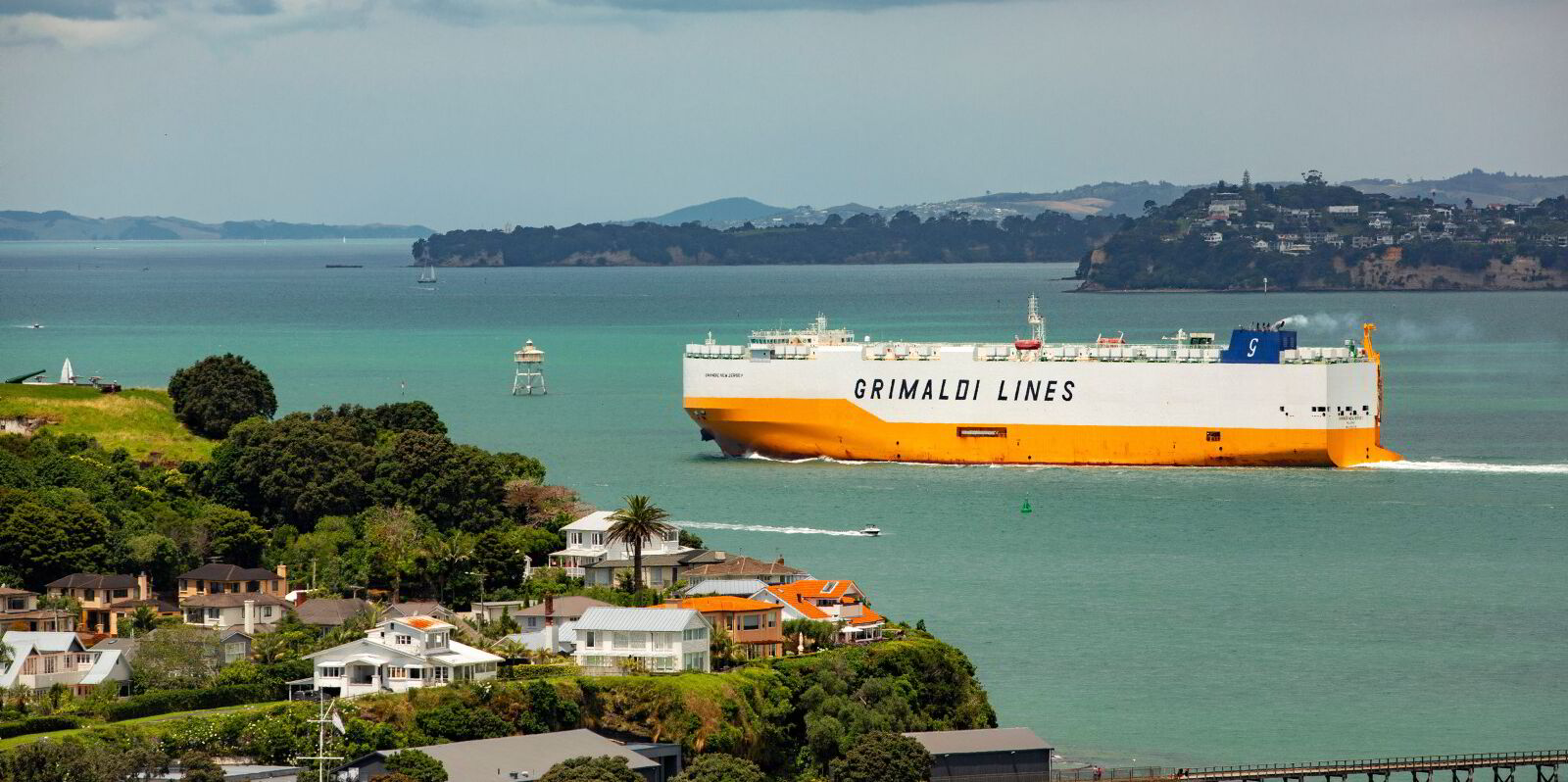
Tariffs on EVs made in China are set to rise from 10% to 45% over the next five years.
The EC is expected to impose individual duties on three big Chinese EV brands — SAIC, BYD and Geely.
Chinese retaliation
The decision, which split EU member states such as France and Germany, risks sparking a trade war between Brussels and Beijing, which has condemned the tariffs as protectionist.
At a Euromed convention in Athens on 11 October, Grimaldi said: “And what I cannot understand is that the EC is putting the tax on the very few cars that are coming from China.
“And of course, the Chinese will retaliate.”
He questions why the Europeans are imposing taxes on environmentally friendly EVs. Ironically, the worst polluting vehicles are the BMWs, Mercedes, Audis and Porsches that Europe is sending to China.
And it was the Chinese, not the Europeans, who in August took the complaint over EU subsidy duties on EVs to the World Trade Organization, he said.
Grimaldi implied that the claim that the Chinese state is sponsoring its own car industry is hypocritical, noting that European countries have historically supported national industries.
Despite the growing risk of a trade dispute, the fundamentals of the car industry remain good.
Markets such as India would stimulate demand in due course.
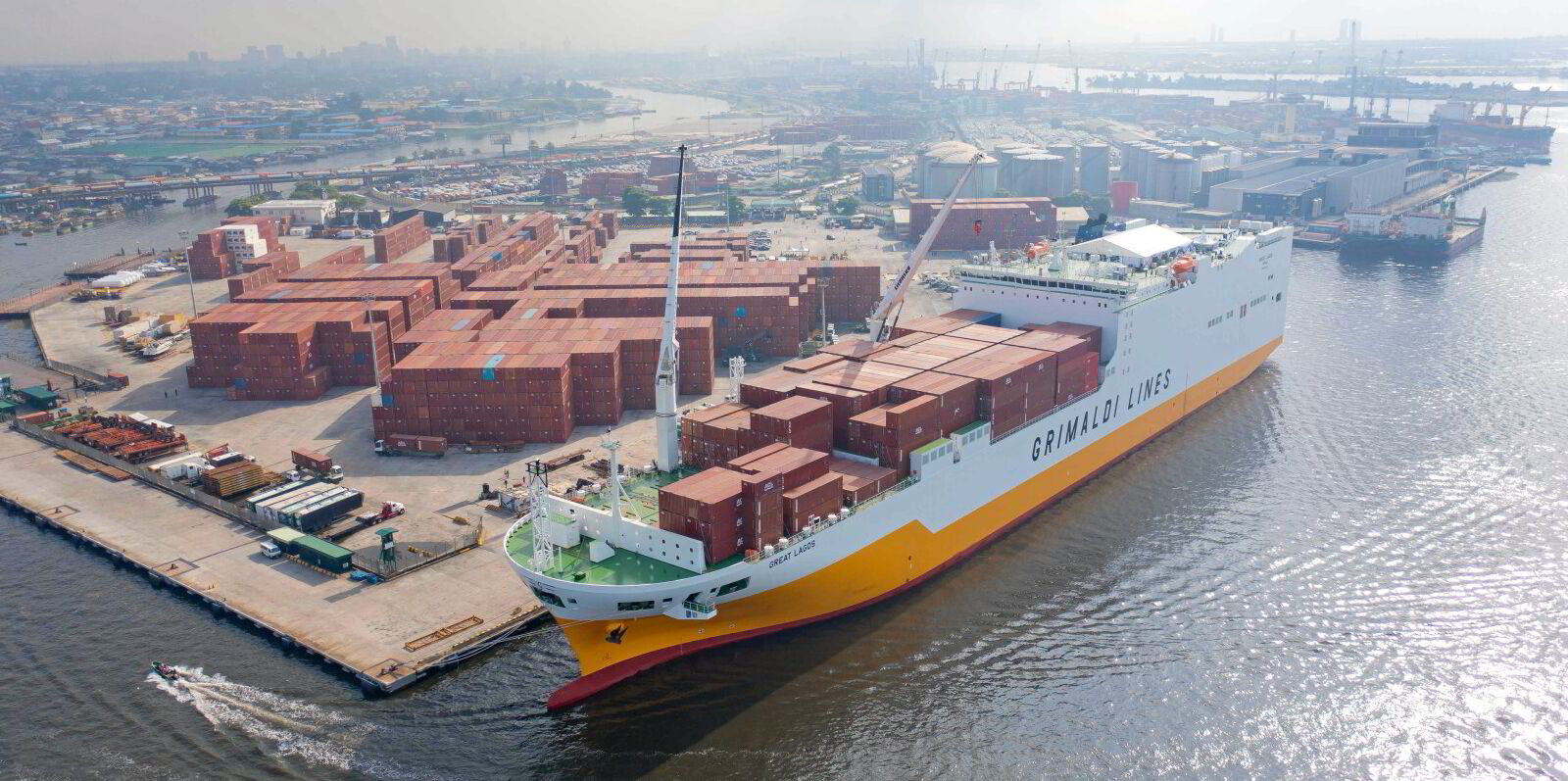
Then there is Africa, where Grimaldi has, according to AXSRoRo, made a virtue of necessity after rerouting via the Cape of Good Hope by using Nigeria’s port of Lagos as a transshipment hub for new Chinese-made vehicles.
Legitimate entrants
Chinese players have entered the PCTC segment in greater numbers.
BYD announced plans earlier in the year to introduce seven PCTCs within the next 15 months, six of which were built for its own account.
Chinese manufacturers entering the PCTC market having struggled to find tonnage when the market was tight.
Grimaldi said: “I think it’s legitimate to think that they will have their own fleet.”
He declined to comment on whether the sector is ready for further consolidation but did not rule out that Chinese car makers might opt for a different path.
Manufacturers might sell their ships or operations to shipowners “who probably are better at doing this type of job”, he said.
There is also the possibility of shipowners forging “alliances with car manufacturers”.
“We are carefully studying this. And we opened a big office in Shanghai where we are following the developments of the car industry in China,” he said.
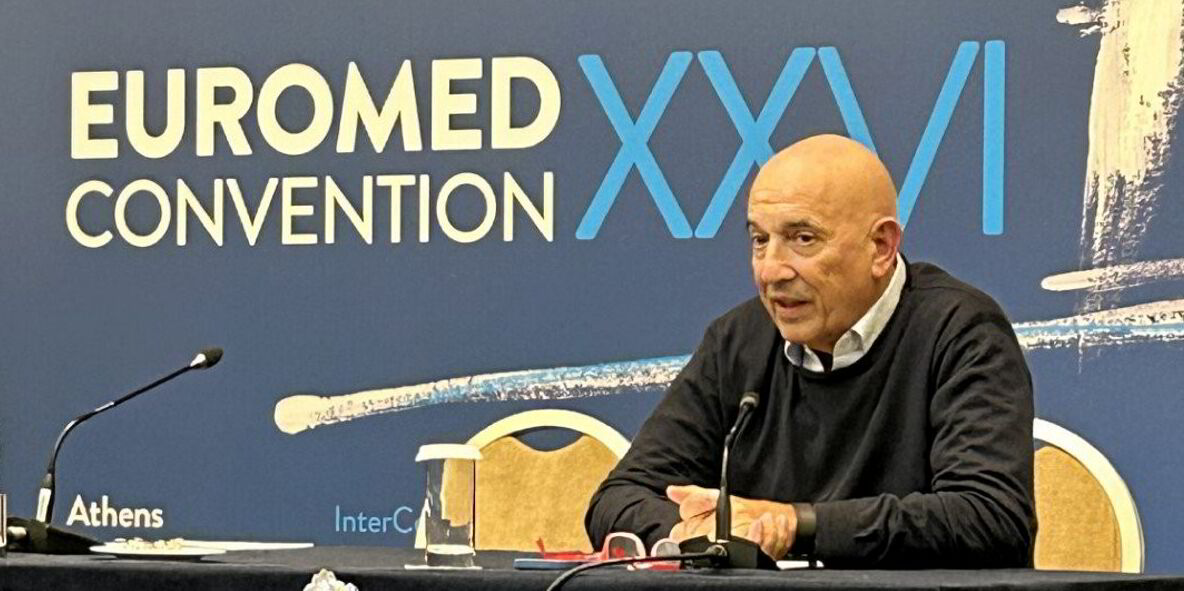
Grimaldi’s stake in the sector is represented by 17 PCTCs, worth $1.6bn, under construction in China for delivery between 2025 and 2027.
The 9,000-ceu ammonia-ready vessels will be deployed on voyages between Europe, North Africa and Asia.
Grimaldi said: “We are building vessels in China and we hope to participate in the exports of the biggest producers in the world, by far.”
Grimaldi Group’s orderbook could soon reach $4.5bn with a pending booking for up to 11 ropax vessels.
The shipowner is hatching an order worth at least $1bn for nine ropaxes, which could include options for two vessels.
Six would be for Grimaldi’s own operations, three for Finnlines and two for Minoan Lines.
